COP26 is not your typical power summit, because world leaders, NGOs and hacks are all in the same scrum. Outside their gilded fortresses politicians reveal different habits. John Kerry has the most purposeful stride, eyes rigid to the front, refusing to acknowledge the melee. Macron gives an impromptu press conference at the drop of a hat: he always has an articulate opinion to share, though his macho minders manhandle anyone who gets a little too close. Trudeau is predictably generous with his flirtatious smile. And Modi is the most huggy, which I hadn’t anticipated. He hugs everyone. Except me. I was particularly struck by his warm embrace of Luxembourg’s PM, Bettel. It felt like a symbol of this whole sprawling, dizzying affair: a country teeming with aspirational people putting the squeeze on a tiny country overflowing with surplus capital.
COP is a world away from the immediately preceding G20 summit in Rome, which was held in Mussolini’s modernist EUR district, and where the 20 assorted duci were separated from us hoi polloi with fascist rigour. I tell you one thing though about the G20 autarky: food was free, plentiful and yummy (the vitello tonnato was particularly good), whereas COP26’s is not even up to Pret standards, and the sausage rolls run out fast. When it comes to summits, perhaps benign dictatorship has its good points.
The portable loos in the vast Glasgow conference centre are an unfortunate example of what’s wrong with the British economy. There are far too few of them, and an army of latex-glove-wearing men armed with disinfectant and J-cloths wipe them down after every use. It is the most horrible and arguably the most important job here. But this is what happens when too little is invested in kit — in this case, decent loos and more of them — and instead we rely on cheap labour. This is the UK’s low productivity, low-wage structural flaw in a nutshell. It’s not the showcase for hi-tech, capital-rich Britain that Johnson wants.
I simply asked the question ‘When and why did Boris Johnson become an eco warrior?’ and the social media pile-on was instantaneous — from those who don’t believe it and the rest who don’t want to. Like it or lump it, the Prime Minister has absorbed his climate-change briefs and is serious about it. On global warming, he is not the something-will-turn-up chancer we all thought we knew. Okay, so he seemed to be resting his eyes when sitting in the plenary next to the saintly Attenborough, though Downing Street is adamant he was not power-napping. But if he was, and nodding off at a summit or a lecture is a crime, then I’ll be doing time for ever.
More surprising is the eccentricity of the classicist PM’s retelling of ancient history. I interviewed him at dawn in the Colosseum, because he wanted to scare us that climate change could do to us what the Visigoths did to Rome. ‘The Romans thought they were going to go on for ever,’ he told me. ‘Then wham in the middle of the 5th century. They hit a complete crisis. Uncontrolled immigration. You have the Dark Ages.’ That ‘uncontrolled immigration’ line puzzled his officials. ‘We don’t know where that came from,’ said one. I know it has been a long and tiring few months, but the arguments for leaving the EU and for the end of the Roman Empire aren’t quite the same.
Johnson rarely looks as chipper as when he engages in a bit of banter with the French President. That’s presumably why he resisted bashing France after the French impounded a fishing boat. Instead, on a Union Flag-decorated private plane to Rome, the PM told us hacks that there may be others with ‘an interest in somehow creating disharmony between the UK and France’, but they were not doing it in his name and surely not in the name of his pal ‘Emmanuel’. Later, when Johnson learned that French PM Jean Castex had written to the EU Commission President saying it was important for all to see the UK would suffer more pain outside the EU than in, he looked mournful and puzzled. It’s quite a performance.
Ever since writing my first thriller, The Whistleblower, I have a new helper in my day job — its anti-hero central character, the journalist Gil Peck. Reviewers have jumped to the conclusion that he’s my evil twin. I admit nothing. But when wondering what to ask a politician or how to land a scoop, I think ‘What would Gil do?’ and I do the opposite. Well, usually.
Got something to add? Join the discussion and comment below.
Get 10 issues for just $10
Subscribe to The Spectator Australia today for the next 10 magazine issues, plus full online access, for just $10.
You might disagree with half of it, but you’ll enjoy reading all of it. Try your first month for free, then just $2 a week for the remainder of your first year.


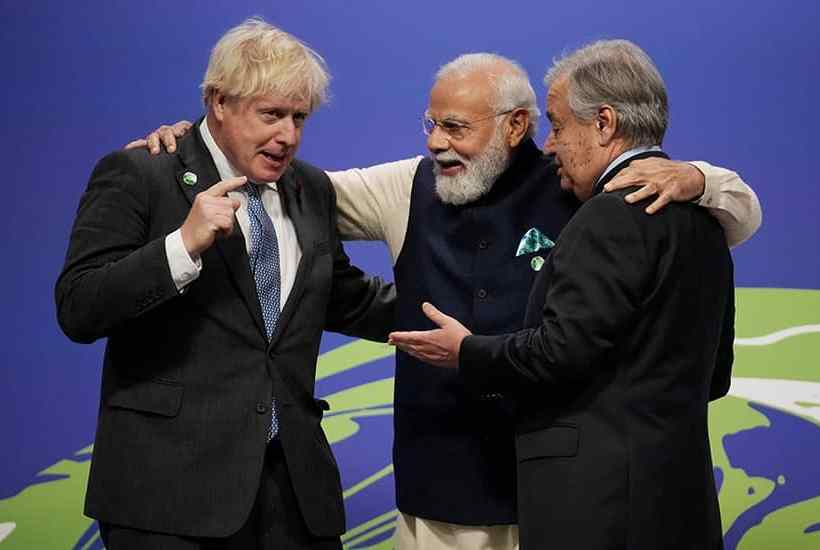
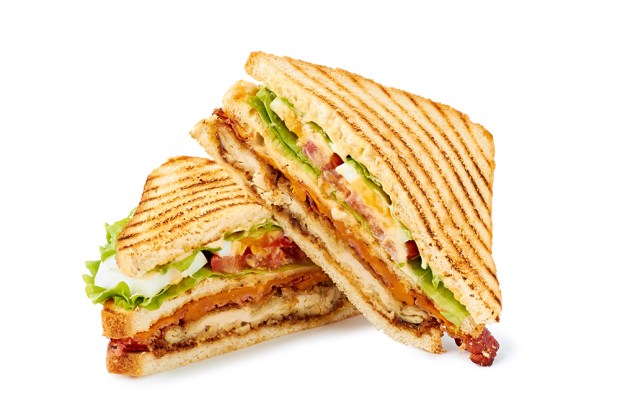
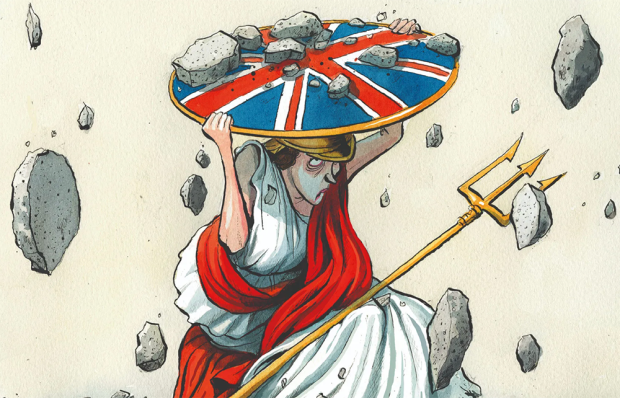
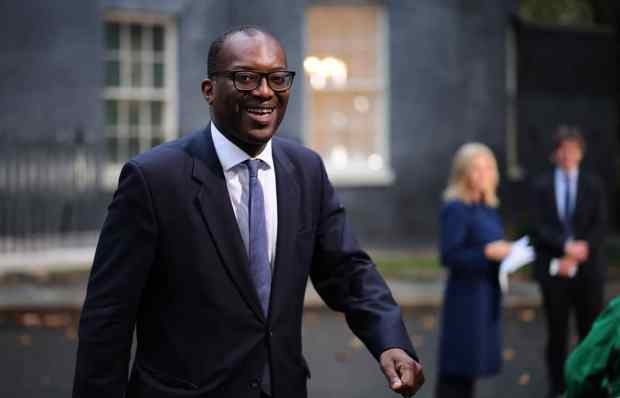
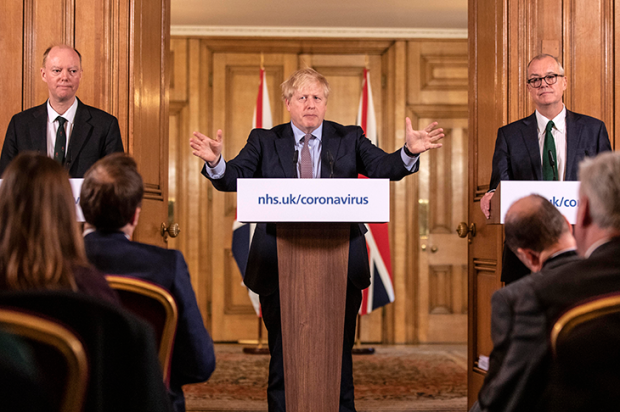
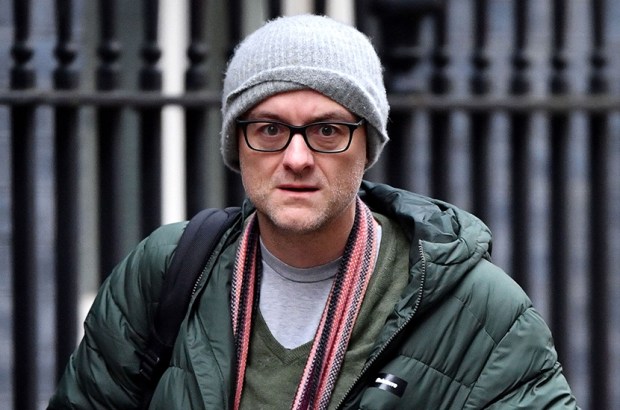
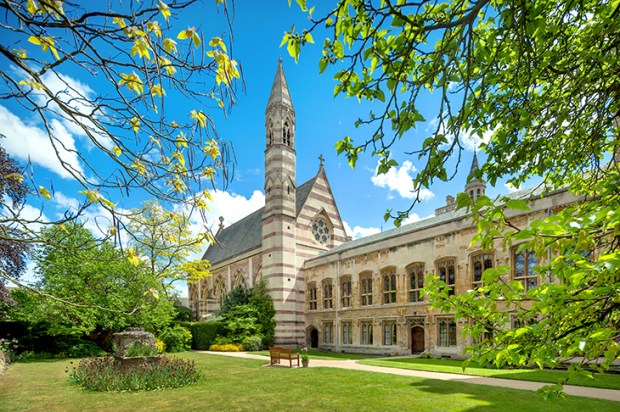






Comments
Don't miss out
Join the conversation with other Spectator Australia readers. Subscribe to leave a comment.
SUBSCRIBEAlready a subscriber? Log in